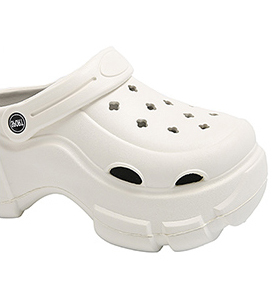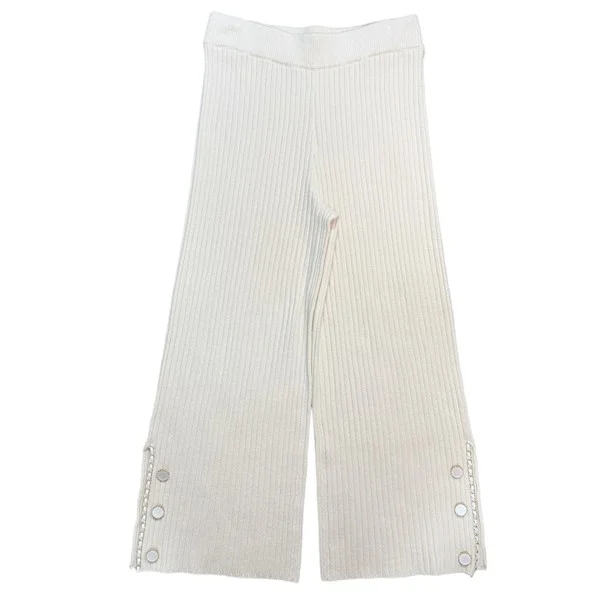In our daily lives, we come across numerous materials that serve various purposes. From the clothes we wear to the utensils we use, the choice of material greatly impacts our comfort, safety, and overall experience. But which material is truly the best for daily use? In this blog post, we will delve into the realm of materials, exploring their properties, applications, and ultimately determining the best material for different daily needs.
- Understanding Material Properties:
To identify the best material for daily use, it is crucial to comprehend the key properties that influence their suitability. These properties include durability, versatility, cost-effectiveness, sustainability, and safety. By evaluating these factors, we can make informed decisions about the materials we choose. - The Best Material for Clothing:
When it comes to clothing, comfort and durability are paramount. Natural fibers like cotton and wool offer breathability, softness, and insulation, making them ideal for everyday wear. Additionally, synthetic materials such as polyester and nylon provide durability, moisture-wicking properties, and resistance to wrinkles, making them suitable for sportswear and outdoor activities. - Optimal Materials for Kitchen Utensils:
In the realm of kitchen utensils, materials like stainless steel, silicone, and glass stand out. Stainless steel offers excellent durability, resistance to corrosion, and ease of cleaning, making it a popular choice for cutlery and cookware. Silicone, on the other hand, provides heat resistance, flexibility, and non-stick properties, making it ideal for baking mats and spatulas. Glass, known for its non-reactive nature and transparency, is often preferred for food storage containers. - The Ideal Material for Electronics:
Electronics require materials that offer electrical conductivity, heat dissipation, and durability. In this regard, metals like copper and aluminum excel. Copper's high electrical conductivity makes it suitable for wiring and circuitry, while aluminum's excellent heat dissipation properties make it ideal for heat sinks in electronic devices. - The Best Material for Furniture:
Furniture materials should combine aesthetics, durability, and comfort. Wood, particularly hardwoods like oak and teak, offers a timeless appeal, strength, and longevity. Additionally, materials like leather and fabric upholstery provide comfort and style, enhancing the overall experience. - Sustainable Materials for Daily Use:
In an era of increasing environmental consciousness, sustainable materials have gained prominence. Bamboo, for instance, is a renewable resource that offers strength, versatility, and eco-friendliness, making it an excellent choice for various daily use products. Recycled materials like recycled plastic and reclaimed wood also contribute to reducing waste and promoting sustainability.
Conclusion:
Choosing the best material for daily use involves considering a range of factors such as durability, versatility, cost-effectiveness, sustainability, and safety. While each material has its own unique properties and applications, a thoughtful evaluation of these factors can guide us towards making informed decisions. Whether it's clothing, kitchen utensils, electronics, furniture, or sustainable choices, understanding the properties and suitability of materials empowers us to enhance our daily experiences.

